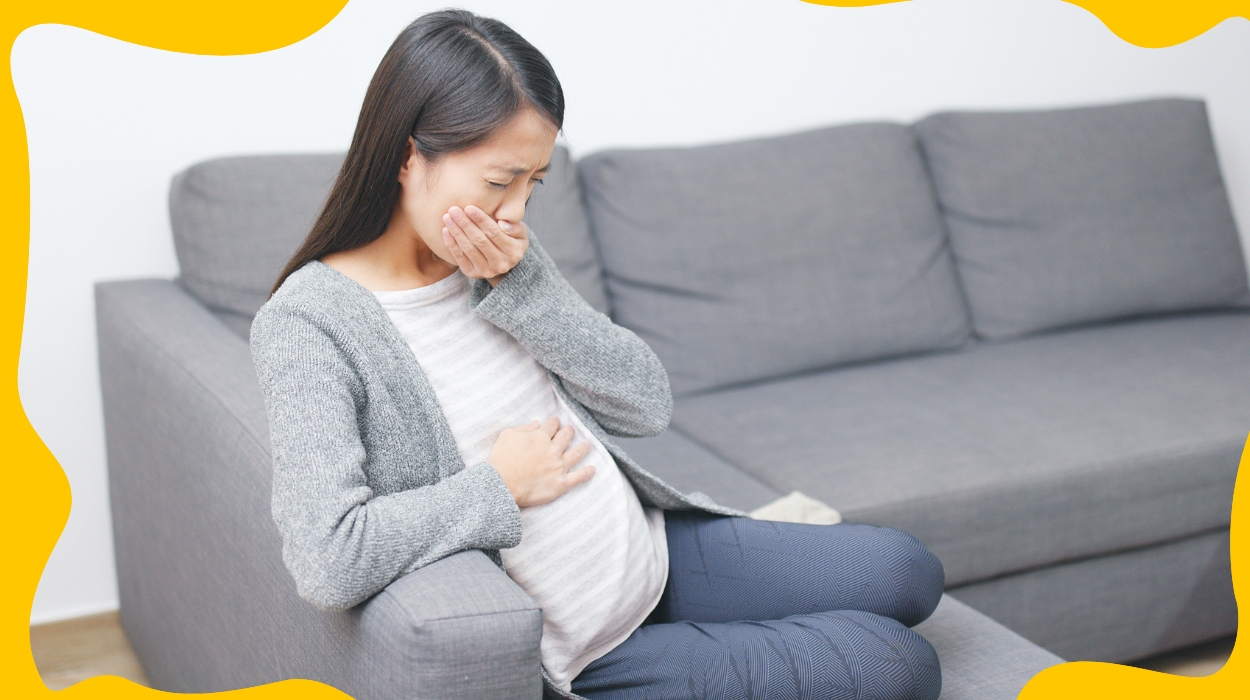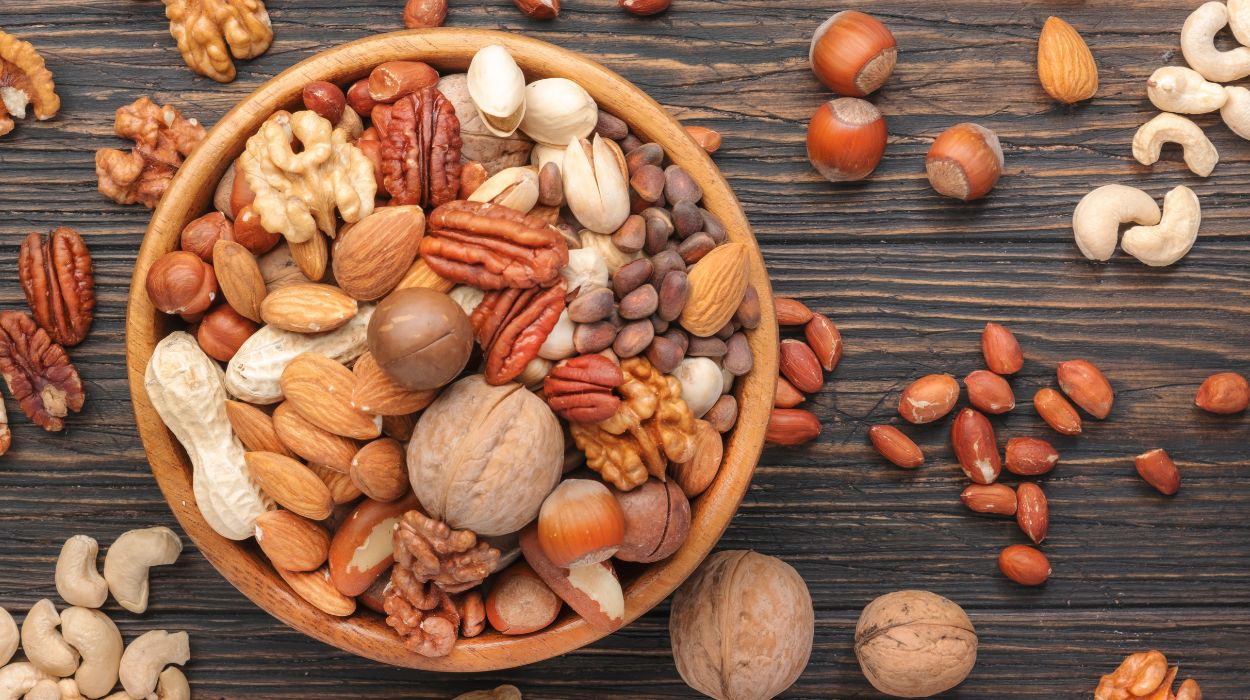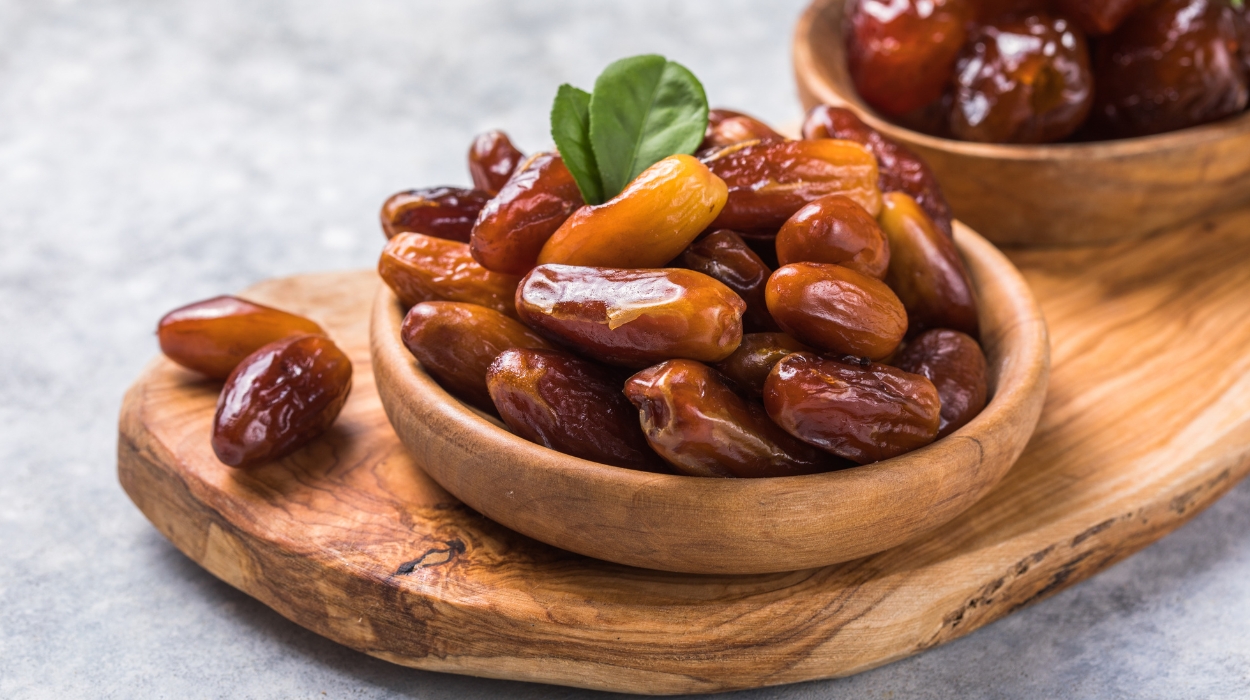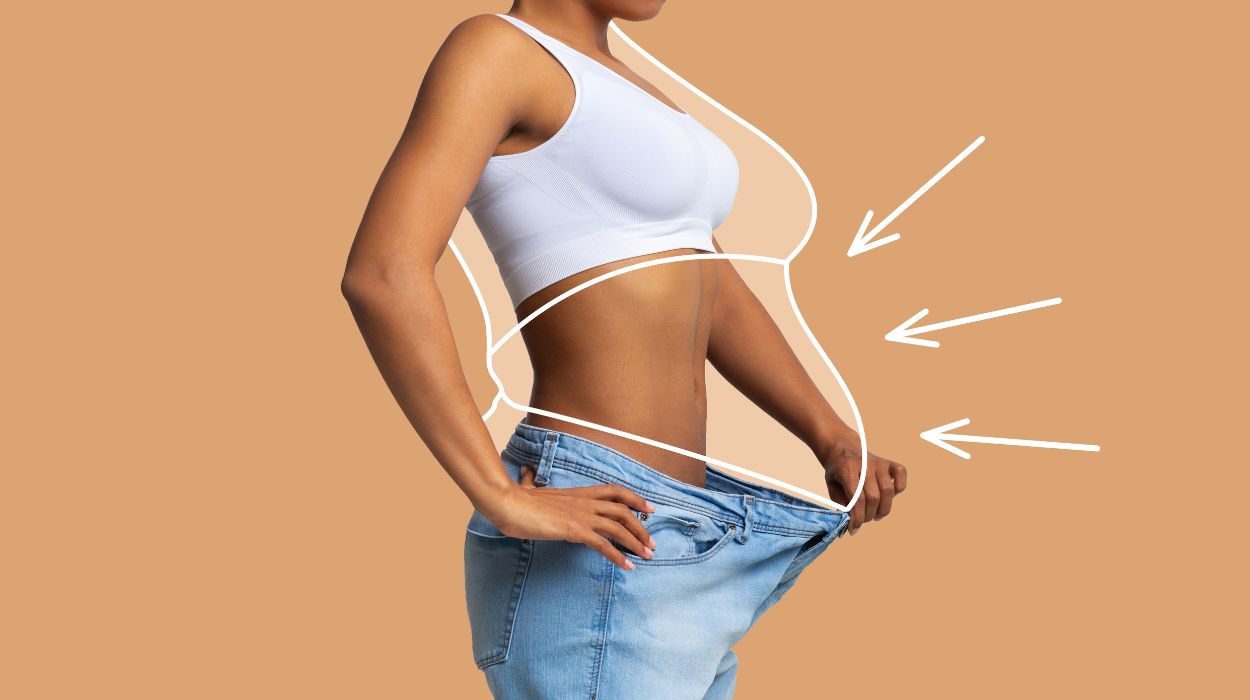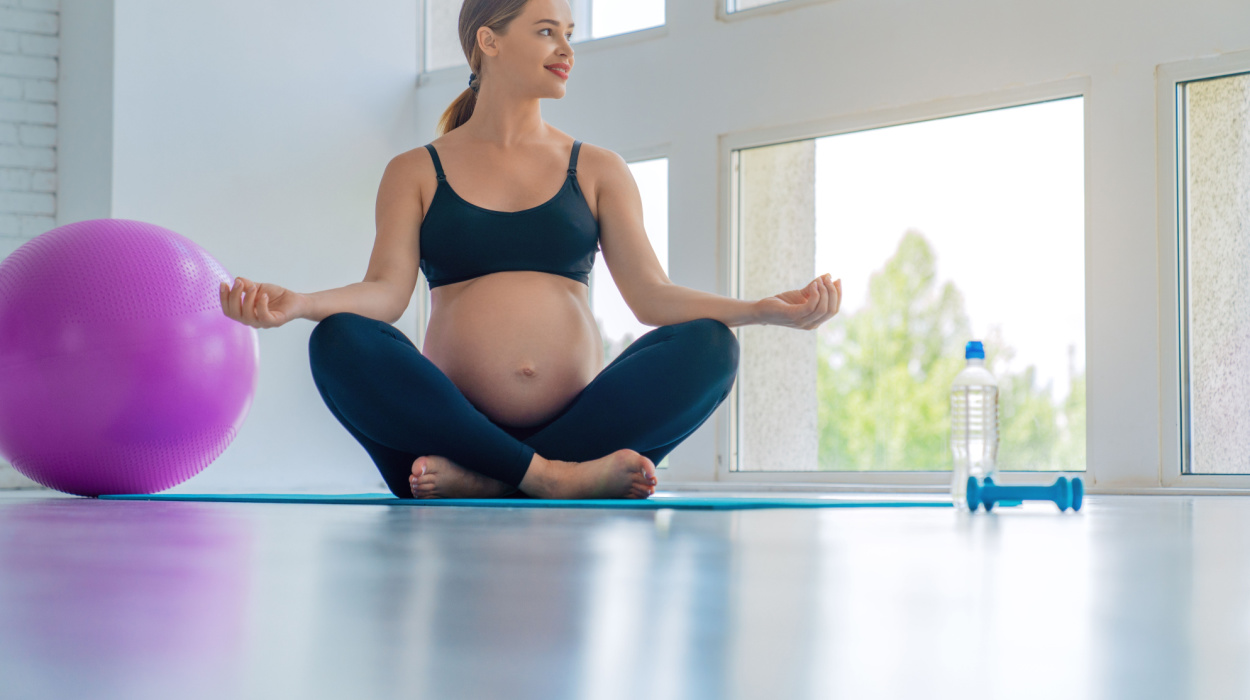How To Choose Best Dishwasher Detergents for Baby Bottles?
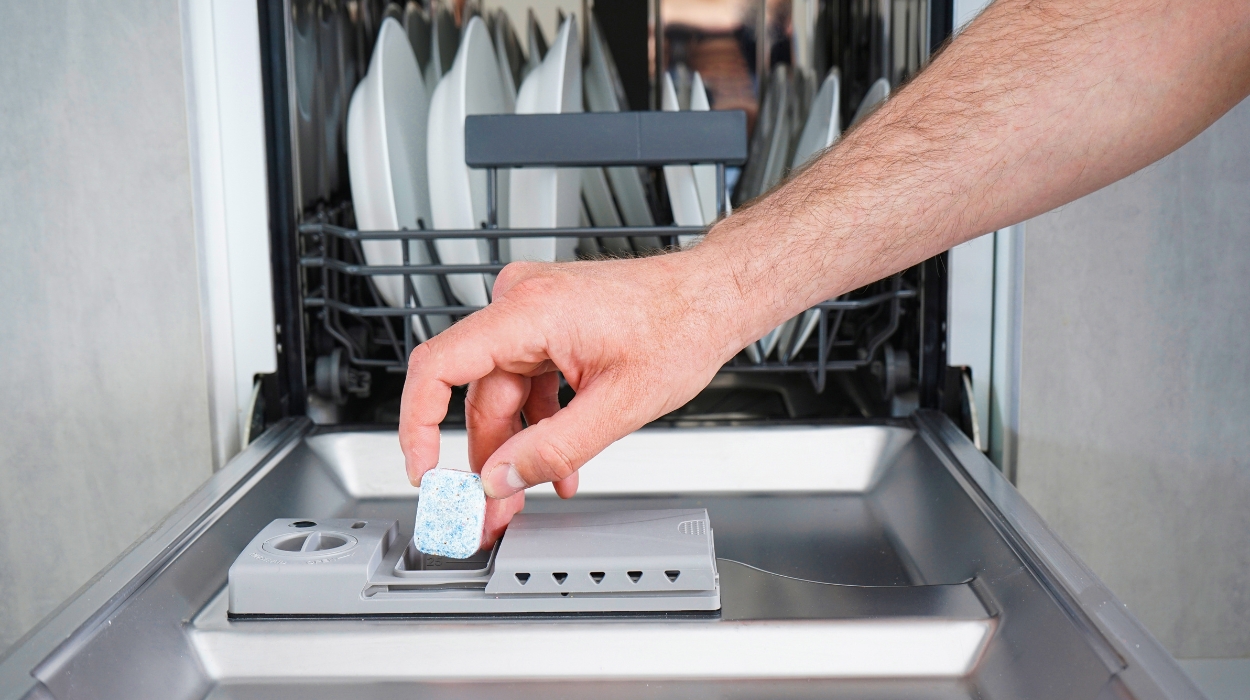
Are you a busy parent constantly juggling the demands of caring for your little one? Keeping your baby’s bottles clean and safe is undoubtedly a top priority. That’s why choosing the best dishwasher detergent for baby bottles, such as a dedicated or organic dishwasher detergent, is crucial. But with a multitude of options on the market, it can be daunting to find the right detergent that effectively removes milk residue and stubborn stains while being gentle on your baby’s sensitive skin.
In this article, we will guide you through the process of selecting the best dishwasher detergents for baby bottles.
Should You Use Dishwasher Detergents for Baby Bottles?
The answer depends on various factors. The best dishwasher detergents for baby bottles, such as those made with plant-based ingredients and free from harsh chemicals, offer superior cleaning power while being gentle on your baby’s sensitive skin. Fragrance-free and dermatologist-tested options provide added reassurance.
However, some parents prefer hand-washing baby bottles using mild dish soaps or organic alternatives like coconut oil and olive oil. By considering factors like convenience, effectiveness, and the need to sterilize, you can decide whether to use dedicated baby bottle detergents or opt for other suitable options. Ultimately, the choice is yours.
Risk of Regular Dishwasher Detergent
- Harsh Chemicals & Toxic Ingredients: Regular dishwasher detergents may contain harsh chemicals and harmful substances, such as phosphates or chlorine, which can be unsafe for baby bottles and pose a risk if ingested.
- Residue Build-up & Insufficient Cleaning: Improper rinsing with regular dishwasher detergents can leave behind soap residue and milk film on baby bottles; or may not effectively remove milk residue, stubborn stains, or bacteria from baby bottles, compromising hygiene, potentially affecting your baby’s well-being.
- Sensitivity Concerns & Health Risks: Babies can have sensitive skin and regular dishwasher detergents with fragrances or artificial ingredients may cause skin irritations or allergies.
Choosing a dedicated baby bottle detergent specifically formulated for cleaning baby bottles can help mitigate these risks and ensure the safety and cleanliness of your baby’s feeding equipment.
Why Use a Dishwasher to Clean Baby Bottles?
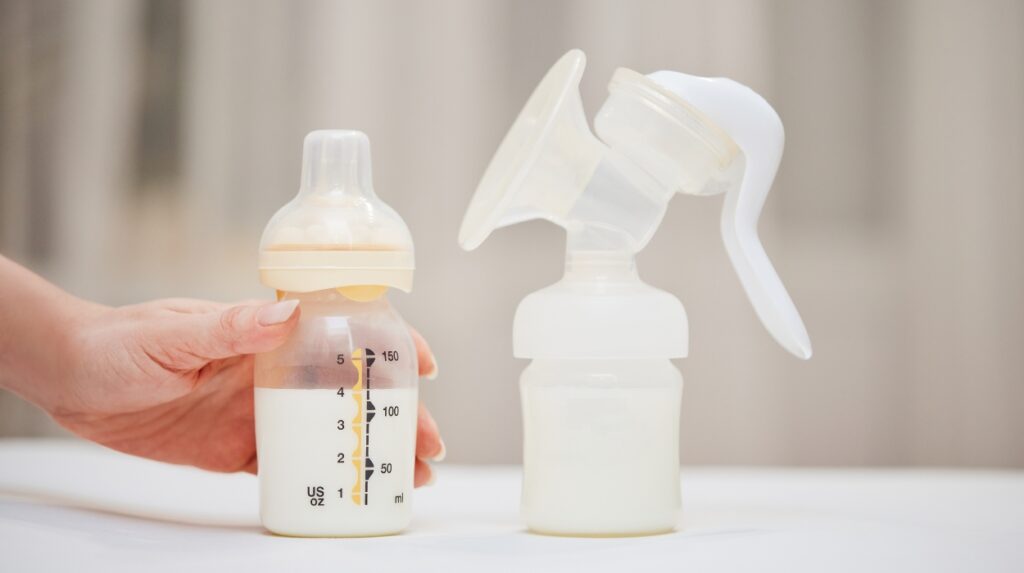
Time-Saving
Using a dishwasher to clean baby bottles can save valuable time and effort, especially for busy parents with a lot on their plates.
Many modern dishwashers offer sanitization features that use high temperatures or steam to kill germs and bacteria, providing a layer of cleanliness and hygiene for baby bottles.
Convenience & Effective Cleaning
Dishwashers provide a convenient and hassle-free way to clean multiple baby bottles and accessories simultaneously, allowing for efficient batch cleaning. They are designed to provide thorough cleaning by utilizing high water temperatures, strong jets, and specialized cleaning cycles, ensuring the removal of milk residue, stubborn stains, and bacteria.
Also, dishwashers can maintain consistent hot water temperatures, essential for effectively sanitizing baby bottles and reducing the risk of contamination.
Safety & Versatility
Dishwashers eliminate the risk of scalding associated with manually washing baby bottles with hot water, as the machine regulates and controls the temperature. They can clean not only baby bottles but also other baby-related items like breast pump components, sippy cups, and bottle brushes, offering a comprehensive cleaning solution.
Water Conservation & Detergent Compatibility
Modern dishwashers are designed to be energy and water-efficient, using less water compared to hand washing, making them an environmentally friendly choice.
Dishwashers can effectively work with dedicated baby bottle detergents or dishwasher detergents formulated for removing milk residue and ensuring a thorough cleaning.
Using a dishwasher to clean baby bottles provides a time-saving, convenient, and effective method of achieving proper hygiene, sterilization, and convenience for busy parents.
How To Choose the Best Dishwasher Detergents
- Read Product Labels: Carefully read the labels to identify keywords like “baby bottle detergent” or “organic” to ensure they are specifically designed for baby bottles and free from harmful chemicals.
- Gentle Formulation: Look for dishwasher detergents with gentle and mild formulas suitable for baby bottles that won’t irritate your baby’s sensitive skin.
- Effectiveness: Choose dishwasher detergents that are highly effective in removing milk residue, stubborn stains, and bacteria from baby bottles, ensuring proper cleanliness and hygiene.
- Convenience: Consider dishwasher detergents that offer convenience in terms of usage, such as detergent pods or liquid soap, making the cleaning process easier and more efficient.
- Recommended by Experts and User: Seek recommendations from pediatricians, dermatologists, or other trusted sources and other parents to find dishwasher detergents specifically recommended for baby bottles.
- Eco-Friendly Options: Consider dishwasher detergents that are made with plant-based ingredients, cruelty-free, or have environmentally friendly packaging, promoting sustainability.
Considering these factors, you can choose the best dishwasher detergents that meet your specific needs, ensuring effective cleaning, safety, and convenience for washing baby bottles.
How Do You Clean Baby Bottles in the Dishwasher?
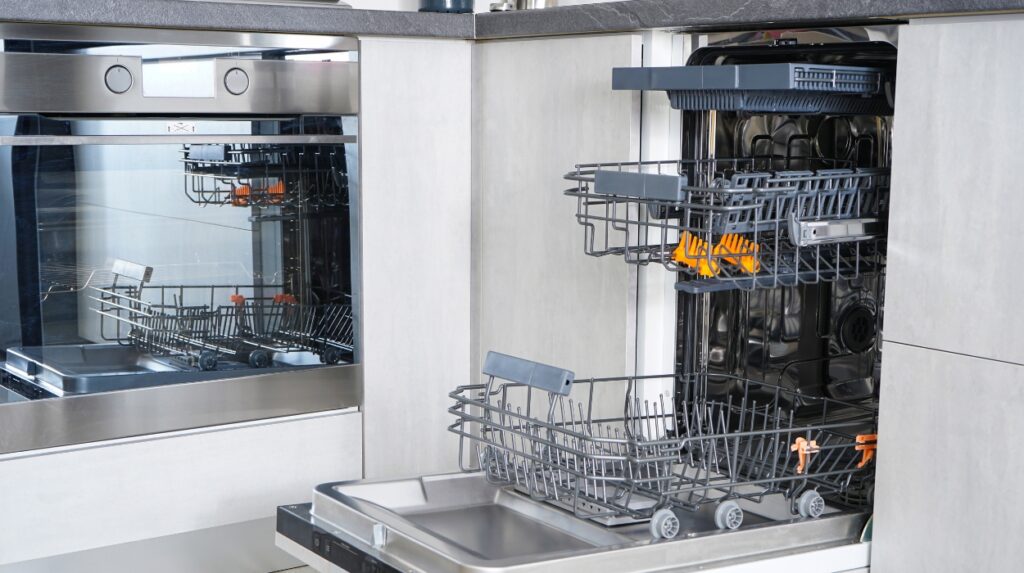
- Pre-rinse: Before placing the baby bottles in the dishwasher, pre-rinse them to remove any leftover milk or formula residue.
- Separate Components: Disassemble the baby bottles, separating the bottle, nipple, collar, and other removable parts for thorough cleaning.
- Load the Dishwasher: Place the disassembled baby bottle parts securely in the dishwasher’s utensil holder or top rack, ensuring they are spaced to allow proper water circulation.
- Select the Proper Cycle: Choose a dishwasher cycle suitable for baby bottles, such as a gentle or sanitizing cycle. Avoid using heavy-duty cycles that may damage the bottles or nipples.
- Use Baby Bottle Detergent: Add the recommended amount of dedicated baby bottle detergent or dishwasher detergent formulated for baby bottles to the dishwasher dispenser.
- Avoid Harsh Chemicals: Ensure that the dishwasher detergent you use is free from harsh chemicals, fragrances, or toxic ingredients that may pose a risk to your baby’s health.
- Run the Dishwasher: Start the dishwasher cycle and let it run according to the manufacturer’s instructions, ensuring it reaches a high temperature for effective cleaning and sanitization.
- Dry Completely: Once the dishwasher cycle is complete, open the dishwasher and allow the baby bottles to air dry completely before reassembling them. Avoid towel drying, as it may introduce lint or bacteria.
- Check for Residue: Inspect the baby bottles for any residue or spots after drying. Hand wash any remaining residue using a baby bottle brush and mild dish soap if necessary.
- Store Clean Bottles: Once the baby bottles are clean and dry, reassemble them and store them in a clean and dry place, ready for future use.
By following these steps, you can effectively clean baby bottles in the dishwasher, ensuring they are free from milk residue, bacteria, and other contaminants while maintaining convenience and safety.
Dishwasher Detergent vs. Dish Soap
Dishwasher Detergent
- Purpose: Specifically formulated for use in dishwashers, designed to clean and sanitize dishes
- Cleaning Power: Strong cleaning power with specialized formulas that can remove tough stains, grease, and food residues.
- Convenience: Clean multiple items at once, saving time and effort, especially for busy parents.
- Compatibility: Dishwasher detergents are formulated to work effectively in dishwashers, promoting optimal performance and cleaning results.
Dish Soap
- Purpose: Dish soap, or liquid dish detergent, is intended for manual dishwashing by hand.
- Gentle Formulation: Dish soaps are often milder than dishwasher detergents, making them suitable for handwashing delicate items.
- Precision Cleaning: When washing baby bottles by hand, dish soap enables you to give individual attention to each bottle, nipple, and component, ensuring a thorough cleaning.
- Versatility: Dish soaps can also be used for various other cleaning tasks in the kitchen and household, offering versatility beyond just dishwashing.
It’s important to note that when choosing between dishwasher detergent and dish soap for cleaning baby bottles, consider factors such as convenience, effectiveness, and your baby’s specific needs. Dishwasher detergents offer efficiency and convenience for cleaning multiple bottles at once, while dish soap allows for more precise and controlled handwashing. Ultimately, the choice depends on your preferences and the resources available.
Conclusion
selecting the right dishwasher detergent or dish soap for cleaning baby bottles is crucial for ensuring their cleanliness and safety. Dishwasher detergents offer convenience and effective cleaning in the dishwasher, while dish soap allows for precise handwashing. Choose the option that best suits your needs and preferences for maintaining hygiene and protecting your baby’s health.
Frequently Asked Questions
It is not recommended. Regular dishwasher detergents may contain harsh chemicals that can be harmful to your baby. It is best to use a dedicated baby bottle detergent.
Look for a gentle formulation specifically designed for baby bottles, free from harsh chemicals, and effective in removing milk residue and bacteria.
You can use mild dish soap for handwashing baby bottles. However, dishwasher detergents are specifically formulated for machine cleaning and may provide more effective results.
It is advisable to choose fragrance-free dishwasher detergents to minimize the risk of potential skin irritations or allergies for your baby.
Many dishwashers offer sanitizing cycles that effectively sterilize baby bottles, ensuring they are free from harmful bacteria.
Running the dishwasher at least once a day or as needed is recommended to ensure a regular and hygienic cleaning routine for baby bottles.
Yes, dishwasher detergent pods can be used for cleaning baby bottles. Ensure the pods are specifically designed for baby bottles and dissolve completely during the wash cycle.
Organic dishwasher detergents can be a good choice as they are made from natural ingredients and are free from harmful chemicals, providing a safer cleaning option for baby bottles.
+ 4 Sources
Health Canal avoids using tertiary references. We have strict sourcing guidelines and rely on peer-reviewed studies, academic researches from medical associations and institutions. To ensure the accuracy of articles in Health Canal, you can read more about the editorial process here
- Rothstein JD, Mendoza AL, Cabrera LZ, et al. Household Contamination of Baby Bottles and Opportunities to Improve Bottle Hygiene in Peri-Urban Lima, Peru. The American Journal of Tropical Medicine and Hygiene. 2019;100(4):988-997. doi:https://doi.org/10.4269/ajtmh.18-0301
- Jeon GW. Bisphenol A leaching from polycarbonate baby bottles into baby food causes potential health issues. Clinical and Experimental Pediatrics. 2022;65(9):450-452. doi:https://doi.org/10.3345/cep.2022.00661
- Ogulur I, Pat Y, Aydin T, et al. Gut epithelial barrier damage caused by dishwasher detergents and rinse aids. Journal of Allergy and Clinical Immunology. 2023;151(2):469-484. doi:https://doi.org/10.1016/j.jaci.2022.10.020
- Renfrew MJ, McLoughlin M, McFadden A. Cleaning and sterilisation of infant feeding equipment: a systematic review. Public Health Nutrition. 2008;11(11):1188-1199. doi:https://doi.org/10.1017/s1368980008001791


